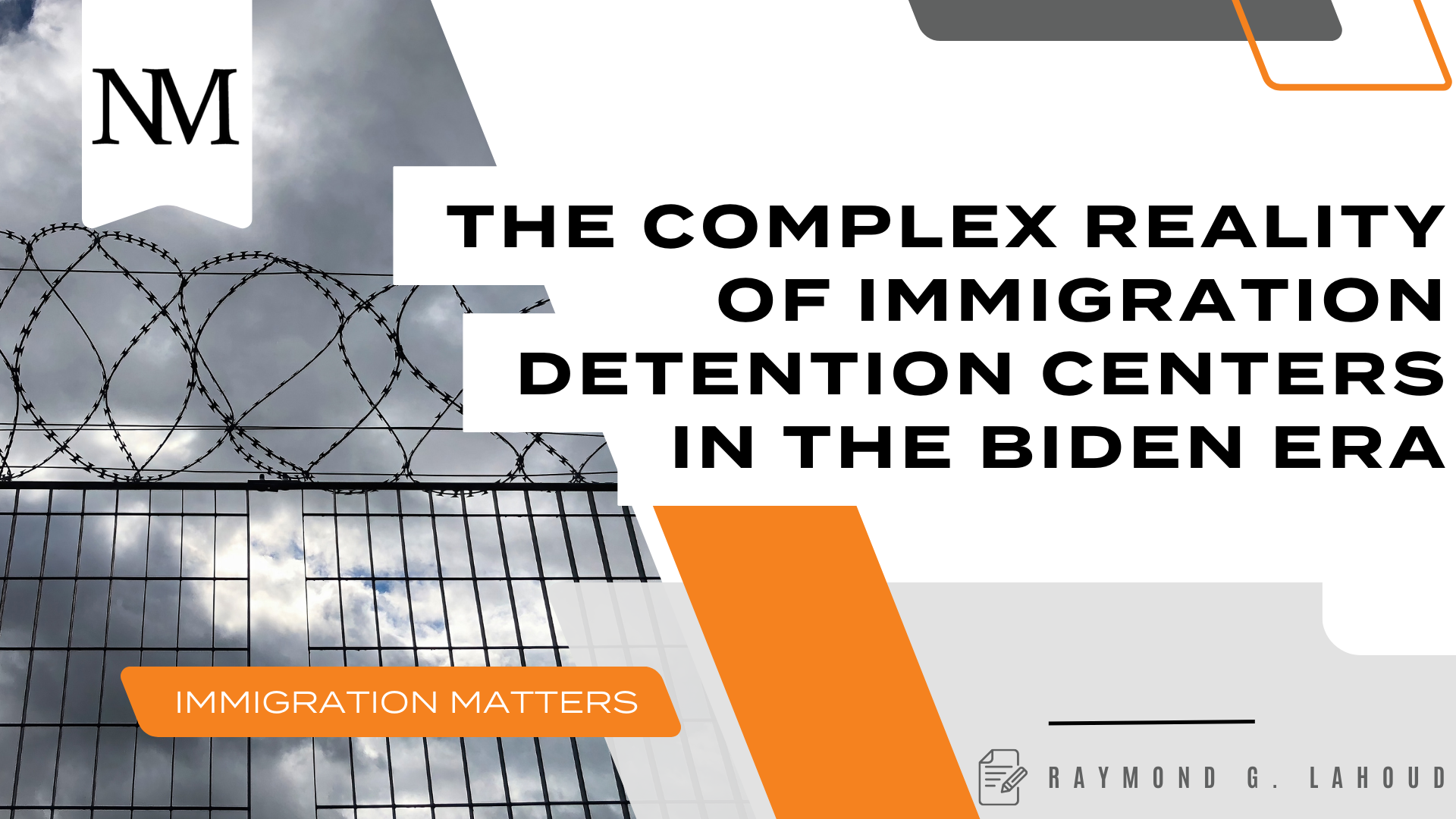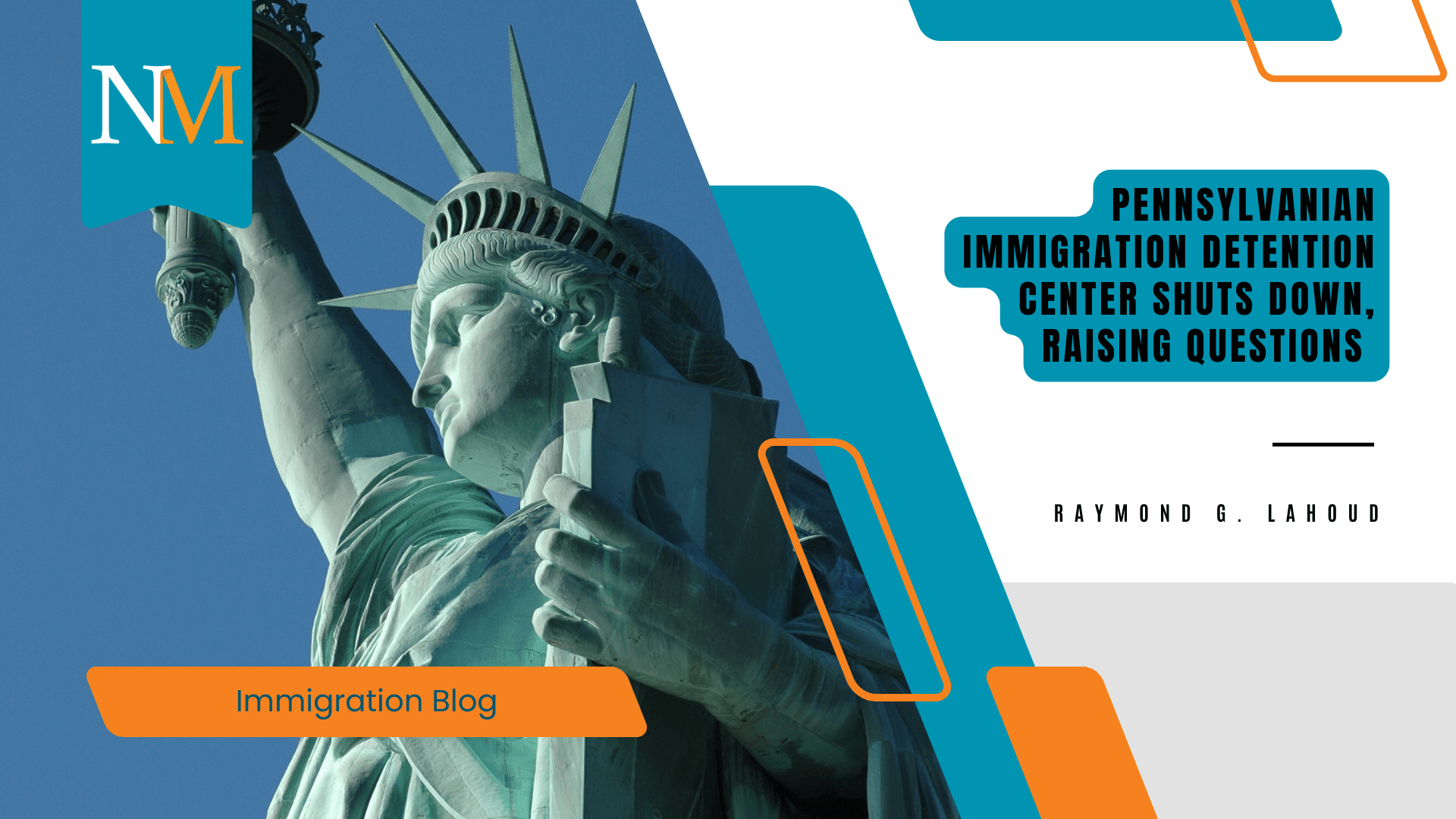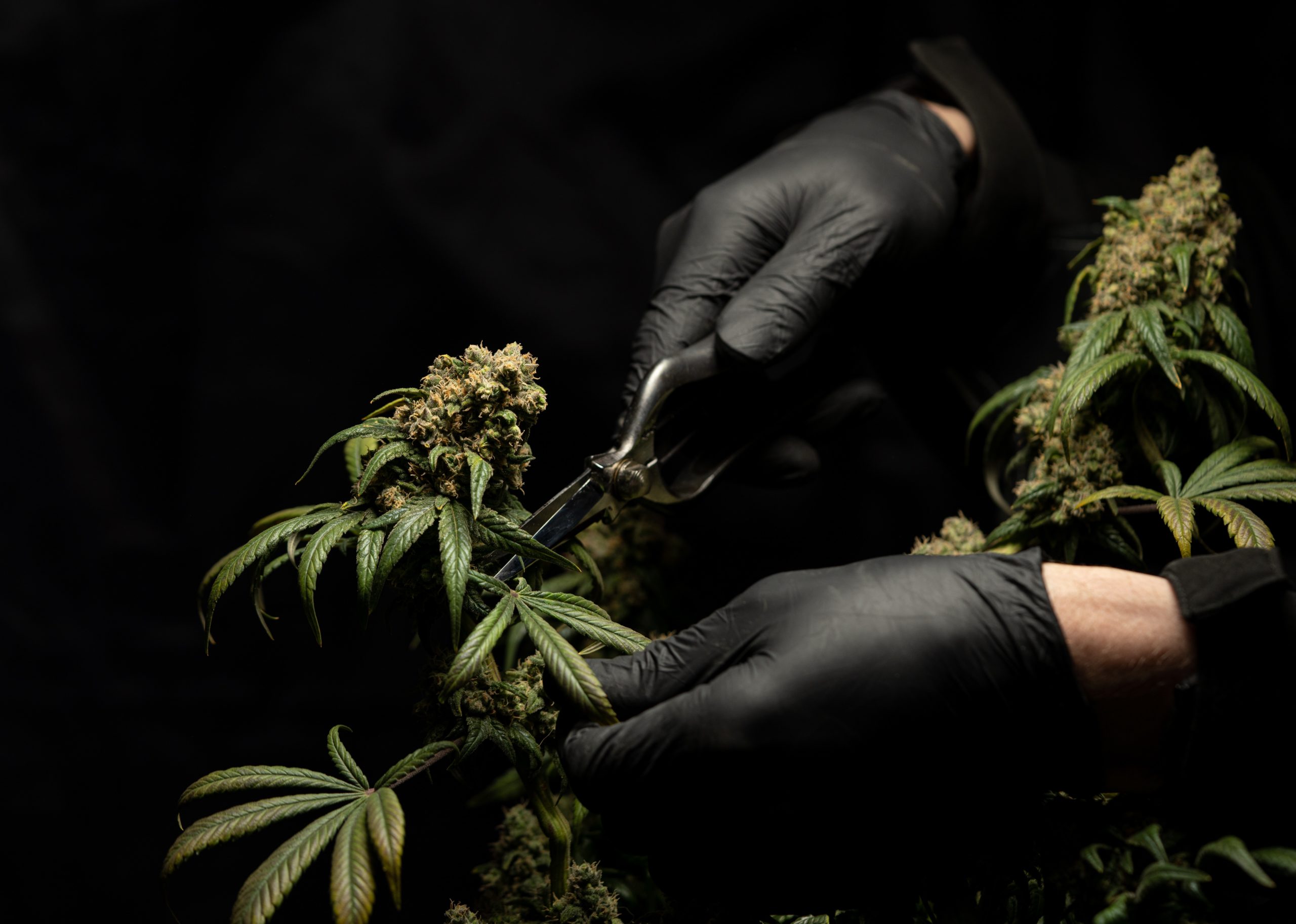Immigrant Advocates Fear Re-Detention of Medically Vulnerable Immigrants in Pennsylvania

Owing to the catastrophic spread of the coronavirus, a federal judge last spring ordered U.S. Immigration and Customs Enforcement (ICE) to release detainees with certain medical conditions. Eighteen detainees were released but continued to appear for their immigration court hearings from outside detention facilities. Attorneys of released immigrants now fear their medically vulnerable clients may be re-arrested and sent to Pennsylvania jails to continue their detention.
Lag in Government Policies and Agency Actions
Soon after taking office, the Biden administration issued changes affecting many immigration policies. However, if the administration fails to change its position now, the immigrants with medical conditions are likely to face re-detention.
“Re-detention for people who are medically vulnerable would violate their constitutional rights … because you would be subjecting people to conditions that could kill them,” said Vanessa Stine, an immigration attorney with the ACLU of Pennsylvania. She is one of the many attorneys working on these cases.
Stine further stated that there is a lag between what the federal government says and the local ICE’s actions. They are “two different realities,” said Stine.
On January 20, 2021, the Department of Homeland Security (DHS) issued a memo creating priorities for who should be detained. The memo prioritizes the arrest of immigrants who pose a threat to national security, border security, or public safety. ACLU advocates say that these 18 immigrants who might face re-detention do not fall under the DHS’s priority list.
Lawsuits against the DHS from Medically Vulnerable Immigrants
The 18 immigrants were held at the York County Prison, Pike County Correctional Facility, and Clinton County Correctional Facility. Thakker v. Doll, and Hope v. Doll, were filed in March and April of 2020. The cases brought to light 35 people with an array of medical issues and noted in detail the cramped conditions of the prison and the inadequacy of the protective equipment and cleaning supplies available.
The DHS was asked to comment on this issue and the effectiveness of the guidance on detention priorities, to which the U.S. government responded, “U.S. Immigration and Customs Enforcement (ICE) does not comment on pending litigation.” The DHS’s statement added, “DHS does not prohibit ICE from apprehending or detaining individuals who are unlawfully in the United States and fall outside of these specific priorities.”
It has been a common practice that DHS has detained immigrants going through years-long court cases or awaiting deportation. Immigration activists have long raised their voices to change the practice of detention. This has only increased after the pandemic, with calls to change this practice, from both immigration advocates and detainees, intensifying. But ICE has consistently argued that the detentions are justified in such cases because the plaintiffs have had some contact with the law enforcement.
To learn more about this blog post or if you have any other immigration concerns, please feel free to contact me at rglahoud@norris-law.com or (484) 544-0022.




